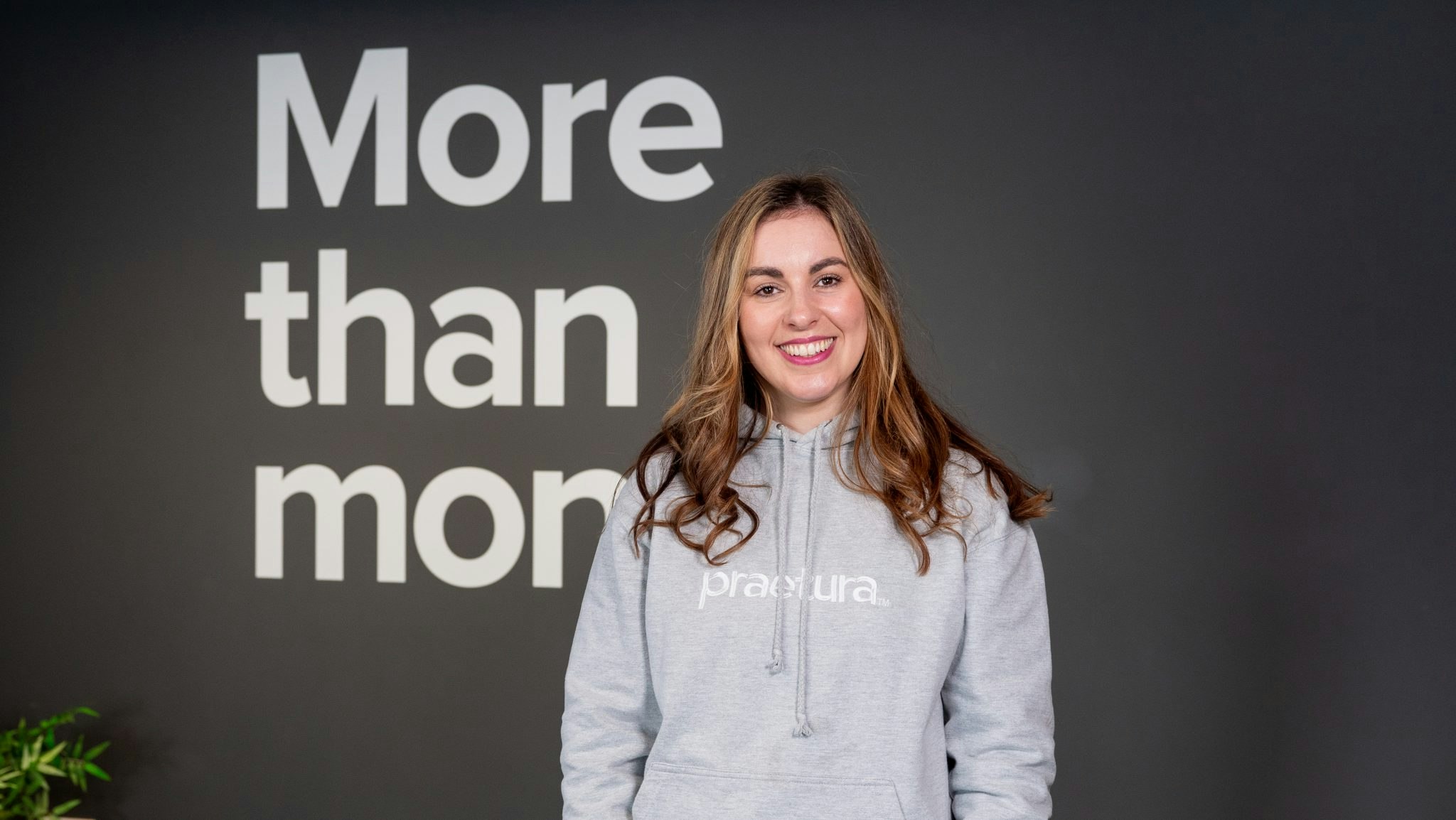July was a slow month for Europe’s seed-stage startups. Funding was down by almost half compared to June’s €697m, to €376m, according to Dealroom. There were just 218 rounds closed across the month, compared to 228 in June.
While a dip between June and July’s figures is normal, this drop-off is much more severe than in previous years — in 2022, it fell from June's total of of €526m to €433m in July.
The UK contributed 55 of last month’s rounds, with €93m raised. That saw it take back its top spot as the country that brought in the most funding. France, which took the crown in June, dropped to third place in July.
There were some surprise shifts in the sector league table. Agritech and food startups raised the most, boosted by satellite imaging startup constellr’s €17m round. SaaS took second spot, but its total has dipped by almost 80%, falling from €138m in June to €30m in July. A reporting lag could still bump that number up, but it’s highly unlikely to account for a €100m difference. The sector with the highest number of rounds was fintech, with 14, but those rounds together only totalled €27m, a far cry from the sector’s usually lofty figures.
Despite seed funding numbers dipping across the board, there were still some eye-catching rounds. The biggest seed round of the month came from Germany’s nyonic, a generative AI startup that's building foundational large language models (LLMs) for a range of applications. It raised $20m from Lenovo Capital and Incubator Group (LCIG).
Here are 12 seed companies that stood out to Sifted last month.
Food and agritech
Germany’s constellr deploys thermal imaging satellites to help the agriculture and farming industry monitor things like vegetation levels, crop stress and soil health. Helping workers measure things like the potential effect of temperature changes on crops can improve yields, and the technology can also help users monitor infrastructure across the industrial supply and transport chain. It raised €17m — the month’s second-largest seed round — from investors including Lakestar, EIT Food and Vsquared Ventures.
Aviwell, based in France, uses its proprietary AI-powered machine learning platform to offer the food and agriculture industry insight into animal health and growth to produce microbial-based feed solutions for a chemical-free way to boost the size of livestock and improve global food security. It raised a €9m seed round from Elaia Partners and MFS Investment Management.
The latest addition to the plant-based food supermarket shelf: Karma Kebab, which has developed an animal-free alternative to the classic late-night street food, and raised €2m from investors Phase2.Earth and Capital Blue Partners. Based in the Netherlands, the startup also has its own restaurant and food truck, alongside selling the plant-based product in supermarkets and wholesalers.
Climate tech
Spain’s Cimico is offering solutions to treat wastewater in both urban and industrial environments, removing things like organic matter, carbon and nitrogen from the water. It's developed a moving bed structure that performs this purification process at a lower energy cost to clients than other options. It raised €7m from Moira Capital Partners and Inbergune Capital Partners.
FluoRok, a spinout from the University of Oxford, is working on a new way to produce fluorinated molecules, which are commonly used across pharmaceutical and chemical manufacturing, plus things like marketed drugs and anaesthetics. FluoRok’s new process aims to offer a more sustainable and cheaper way to make these chemicals by bypassing the production of hydrofluoric acid, which is usually produced as a side effect of the process and is highly toxic. It raised its £3m seed round from Oxford Science Enterprises.
Using AI and machine learning, UK-based Materials Nexus is working on ways to speed up the production and design of materials that are used to build net-zero technologies, like renewable energy infrastructure and electric mobility. The platform can also be used to predict the qualities of sustainable materials and offer a guide on the cost of producing and scaling the products. It raised £2m from investors including High-Tech Gründerfonds, Ada Ventures and MD ONE Ventures.
Health and techbio
Likeminded is a German employee mental health support provider which offers access to therapists, coaches and psychologists. Employees can then access one-on-one support, group workshops and monthly webinars. The company raised its €5.9m round from Holtzbrinck Digital and Heartcore Capital.
UK-based Béa Fertility provides at-home fertility treatments to offer a more affordable and flexible option for families looking to conceive. It drummed up €2.9m from investors Forward Partners, JamJar Investments, QVentures, Octopus Ventures and Calm/Storm Ventures.
River BioMedics, based in the Netherlands, is working on creating 3D human heart tissue models in labs that mimic the function and reactions of real human organs, to test pre-clinical drugs for cardiovascular diseases. Investors BioGeneration Ventures, Oost NL, KIKK Capital and Libertatis Ergo Holding chipped into its €2m round.
German sleep app eaze uses cognitive behaviour therapy to guide its coaching, which it says users should do for 10 minutes a day for better sleep. It raised €1.7m in July from investors including EnjoyVenture, Redstone and APX Ventures.
Edtech
UK-based Kinnu’s platform is powered by AI and offers users a learning pathway to gain knowledge on any topic, from contemporary art to psychology. It raised $6.5m, and Spark Capital, LocalGlobe, Cavalry Ventures and Jigsaw Investment Partners contributed to the round.
Swiss startup Quazel offers a language learning app based on natural conversation and allows users to practise everyday scenarios, like ordering in a cafe. There are 21 languages available so far, and the app provides instant feedback on grammar and vocabulary. It raised $1.5m from Khosla Ventures.


